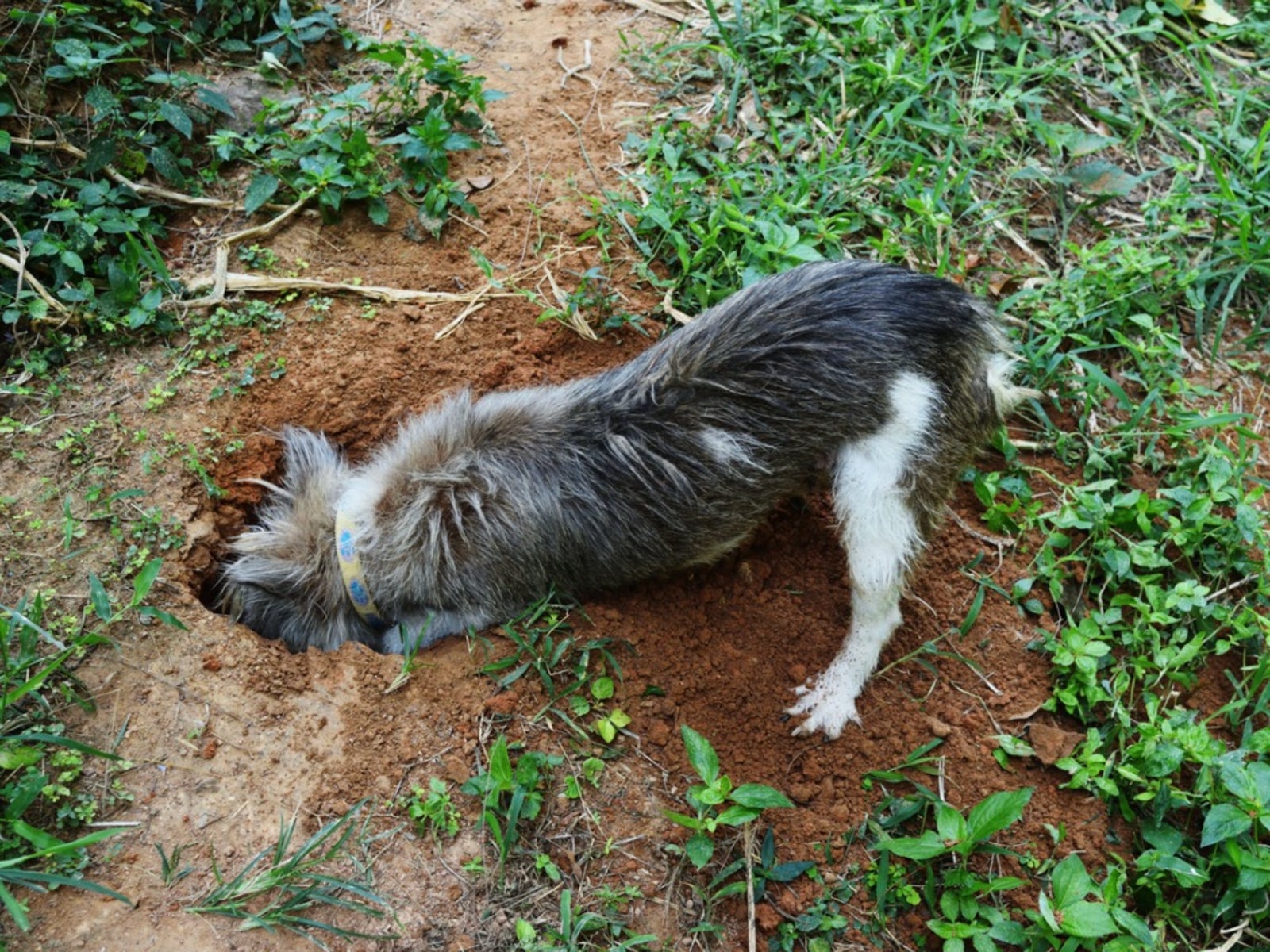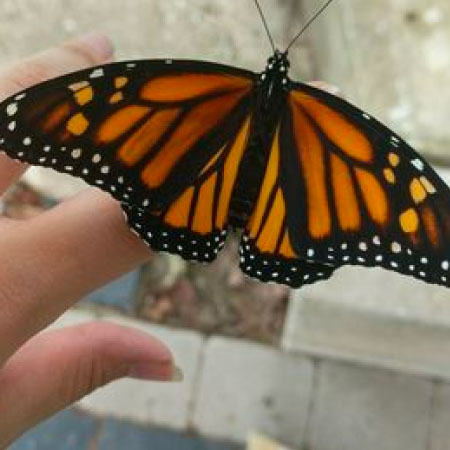Protecting Plants From Dogs: Keeping Dogs Away From Garden Plants


Man’s best friend isn't always the garden’s best friend. Dogs may trample down plants and break stems, they may dig up plants, and they just might decide that your prize peony is their favorite potty spot. Keeping dogs away from garden plants can seem like a never-ending battle. Continue reading for some tips on how to keep dogs from damaging prized plants.
Protecting Plants from Dogs
The internet is full of forums and discussion groups with gardeners asking for or sharing tips on protecting plants from dogs. Some of the tips are so simple you may wonder why you hadn't thought of that yourself. Other tips are such outside-the-box that you never would’ve thought of that. One such tip, from the Louisiana SPCA, is to blow up some balloons and bury them where your dog has a habit of digging. When the dog digs at it and pops the balloons, the noise will scare it off and hopefully teach it to be wary of the spot in the future. Naturally, with some dogs, it may take a few popped balloons before the lesson sinks in. Here are some other ideas for keeping dogs away from garden plants:
Fencing
If your yard is large enough, you can simply create a specific area for your dog, away from the garden. Decorative garden fences have become popular garden accents and there is really no law that says you cannot run a cute little picket fence down the middle of your backyard to give Fido his own play space while keeping the garden safe at the same time. In the doggy play area, include toys to keep him/her entertained and create a dirt bed where your dog is allowed to dig and use the bathroom. This way when you are out in your garden digging, Fido can feel like helping out by digging in his or her own space. Just make sure the fence is tall enough that your dog can't just leap right over it. If your yard is not big enough to create a specific dog-zone, you can still put decorative but functional garden fences around specific garden beds to keep dogs out. Of course, the problem with this is that smaller border plants may never be seen behind the fence and it could also cast shade on plants that would rather have sun. To protect specific prized plants, you can simply put a decorative fence, chicken wire cage, obelisk or other plant cage/support around that one plant that Fido always seems to mess with.
Mulching
Fencing and cages are pretty common sense solutions for keeping dogs away from garden plants, but you may not want random fences or cages in your yard or gardens. So think for a moment about mulches and your dog’s paws. Most gardeners will have organic mulches, like wood chips or chopped up straw, in garden beds. These mulches are soft, damp and full of wonderful smells to a dog. They seem to scream “dig here!” and “roll around in this spot!” to your dog. So how about mulching your plant beds with less inviting materials. Some pet owners suggest scattering clippings from thorny or prickly bushes, such as rose stems, barberry or juniper trimmings. Your dog will not like the way these poke the soft pads on their paws when they try to enter the garden. Perhaps, my favorite mulch deterrent idea for keeping dogs away from garden plants might help. Simply create moats of pine cones around the garden or even just around specific plants. Like the trimmings from thorny shrubs, your dog will not like the way the pines cones feel on its paws, and the pine cone moats will look like you just added a decorative, natural accent to the garden.
Deterrents
The battle between dogs and plant protection is much simpler when the problem is your own dog. You can watch the habits of your dog when he/she is outside, so you can judge exactly what plants and areas need the most protection. However, when your garden is being visited at night by the neighbor’s dogs or strays, what can you do? One option is to install a motion activated sprinkler that shoots out bursts of water when an animal is in the area. Decoys with LED lights can also work, making an animal think a predator’s eyes are glaring at them from the garden. Garden centers, pet stores and hardware stores also sell all sorts of animal deterrents that can be sprayed on and around the garden. Some of these deterrents are made from the urine of predators and can work nicely with LED garden decoys. Other animal deterrents are made from plants with strong scents that dogs do not like, such as hot pepper sprays, apple bitters and orange peels. You can also make your own animal deterrent sprays with items you most likely already have in your kitchen. Some household items with strong scents that deter dogs are:
- Ammonia
- Vinegar
- Tabasco sauce
- Coffee grounds
- Orange peels
- Crushed red pepper
- Black pepper
- Cayenne pepper
- Ground mustard
How to Protect Indoor Plants from Dogs
Sometimes, Fido isn't content to just dig outside. Houseplants can be a source of entertainment for pets on rainy days or when they’re just in a destructive mood. However, many houseplants can be harmful or poisonous. One easy solution to keeping pets out of houseplants is to keep these plants up out of reach, either in hanging baskets or on high shelves. This isn't an option for some large houseplants, though. What usually attracts pets to houseplants is the bare soil that seems to beg them to dig in it. My sister has cats and houseplants. The concept seemed impossible to me, as all my experiences with my pets and houseplants have resulted in me constantly having to repot my plants and sweep up potting soil. After closer inspection of my sister’s plants, I noticed she had saved cardboard frozen pizza circles and plastic coffee can lids, which she had cut holes in for the crown and stems of the houseplants to stick through. She pushed the cardboard or plastic circles down to the soil level so there was no bare soil to attract the pets. Of course, this protects just the soil and stops digging habits, but it won’t stop a pet from chewing on houseplant foliage. Many animal deterrent sprays, store bought or homemade, can be sprayed on indoor plants as well.
Sign up for the Gardening Know How newsletter today and receive a free copy of our e-book "How to Grow Delicious Tomatoes".

Darcy is a former contributor to Gardening Know How. She is a professional landscape designer and gardening writer with experience in plant sales. An avid gardener, Darcy has a passion for sharing practical tips to help others grow.